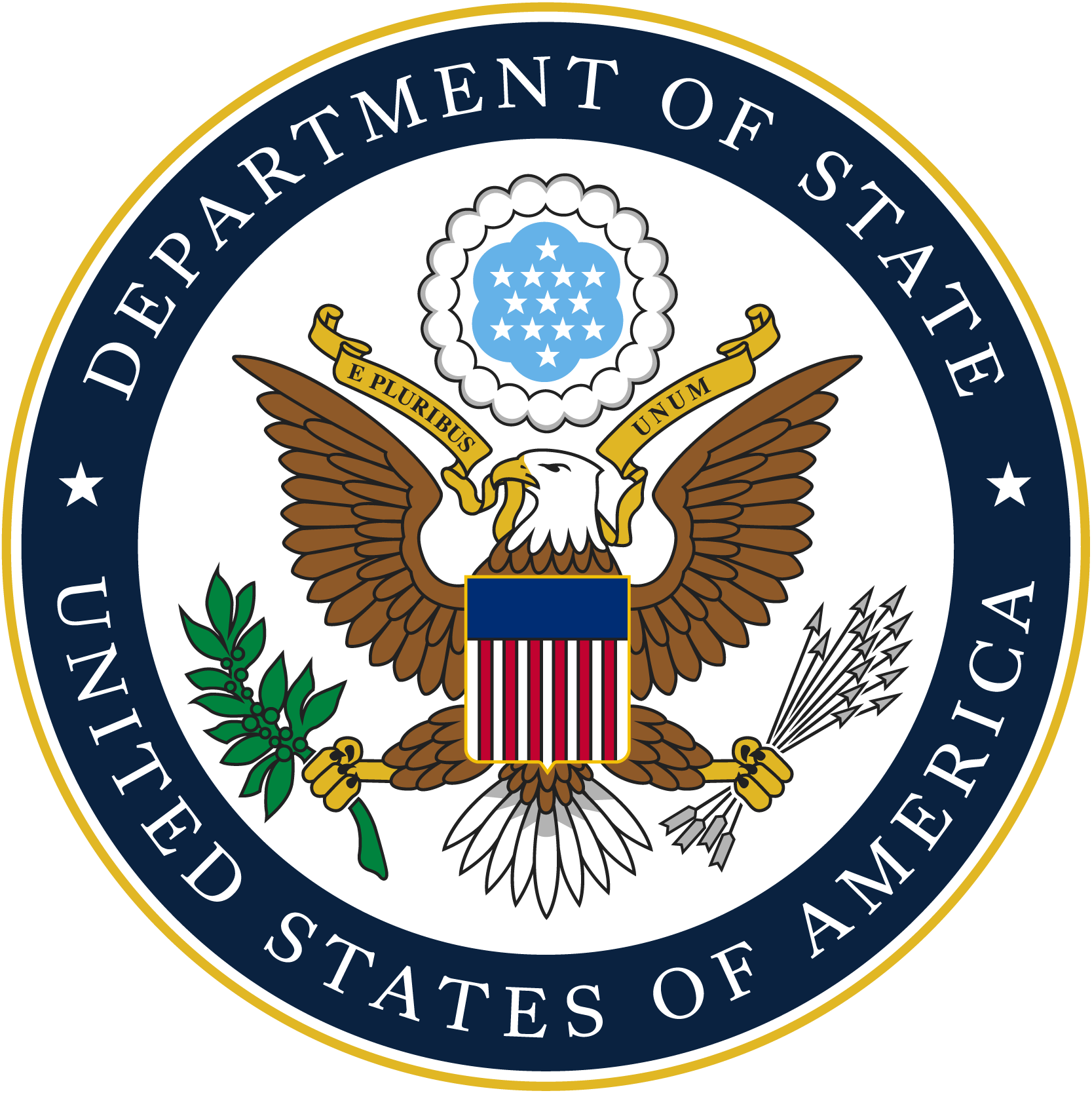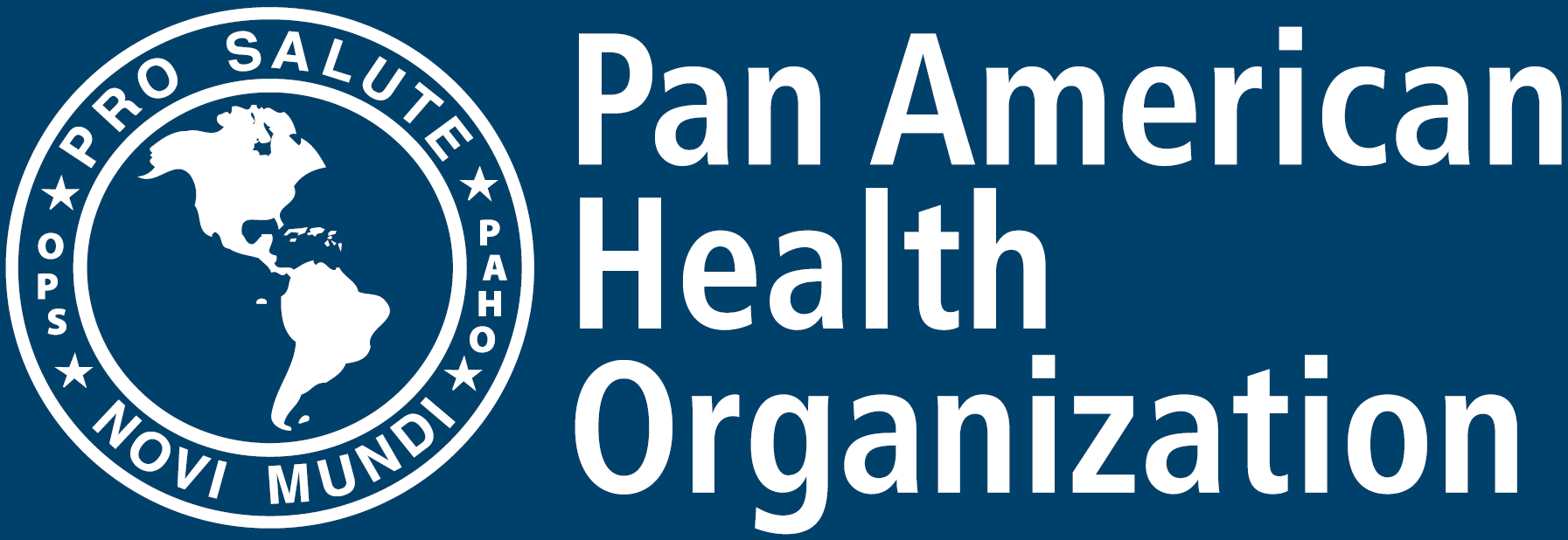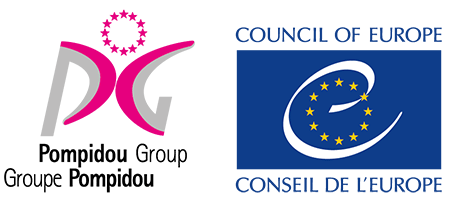About
Release of Global Coalition to Address Synthetic Drug Threats Report
 Launched in July 2023, the Global Coalition to Address Synthetic Drug Threats developed a comprehensive strategy for addressing the challenges posed by the proliferation of synthetic drugs. Focusing its efforts on three general topics – preventing the illicit manufacture and trafficking of synthetic drugs, detecting emerging drug trends and use patterns, and promoting public health interventions and services – the Global Coalition served to connect subject matter experts from over 160 countries and 15 international organizations to address this global threat.
Launched in July 2023, the Global Coalition to Address Synthetic Drug Threats developed a comprehensive strategy for addressing the challenges posed by the proliferation of synthetic drugs. Focusing its efforts on three general topics – preventing the illicit manufacture and trafficking of synthetic drugs, detecting emerging drug trends and use patterns, and promoting public health interventions and services – the Global Coalition served to connect subject matter experts from over 160 countries and 15 international organizations to address this global threat.
Register For Activities at the Following Link:
Officially launched through a virtual Ministerial on July 7, 2023, the Global Coalition to Address Synthetic Drug Threats is a U.S.-led international effort to combat the threats posed by the presence of synthetic drugs. Globally, synthetic drug threats are on the rise. Traffickers are expanding shipment routes, manufacturers are getting more creative in finding the ingredients and equipment to make synthetic drugs, criminal groups are taking advantage of weak spots in data collection and, all around the world, public health suffers due to synthetic drug use. The Secretary’s Global Coalition to Address Synthetic Drug Threats confronts these challenges. The Coalition is intended to produce action and results in a short period of time, speeding up the global response to the rise in synthetic drugs threats. The Coalition convenes through Working Group and Sub-Working Group meetings on a monthly basis. To ensure meetings are accessible across the world and breadth of languages, meetings are held in East Sessions and West Sessions and offer interpretation in English, Arabic, French, Portuguese, Russian, and Spanish.

Synthetic Drugs pose a growing security and public health challenge. Illicitly manufactured synthetic drugs such as fentanyl, tramadol, cathinones, synthetic cannabinoids, methamphetamine, captagon, MDMA, are often more potent – and more lethal – than plant-based drugs like cocaine or heroin. They can be made anywhere with widely available chemicals and equipment and shipped in small quantities undetected for high profits. Synthetic drugs threaten all regions of the world and call for a global coalition to respond.
There are 3 Working Groups which began meeting on September 1, 2023
- Preventing the illicit manufacture and trafficking of synthetic drugs
- Detecting Emerging Drug Threats and Use Patterns
- Promoting public health interventions and services to prevent and reduce drug use, overdose, and other health related problems
Sub-Working Groups
Representatives are also welcome to join any number of the seven technical, action-oriented Sub-Working Groups that meet monthly to share expertise and experiences, reinforce best practices, identify opportunities for peer learning and assistance, and galvanize national and joint action to combat synthetic drugs.
- Manufacturing of Synthetic Drugs and their Precursors
- Trafficking of Synthetic Drugs
- Data Collection, Analysis, and Trends Including Early Warning
- Information Sharing, Interagency Collaboration and Policy Formulation
- Preventing Drug Use, Strengthen and expand evidence-based prevention activities
- Engaging People with Substance Use and Substance Use Disorders
- Addressing Populations in Contact with the Criminal Justice System

For additional detail and questions, please reach out to SyntheticsCoalition [at] state [dot] gov (SyntheticsCoalition[at]state[dot]gov)




